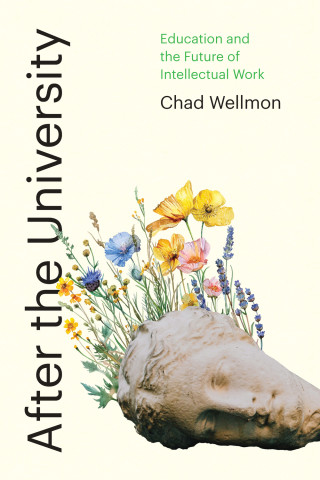
Reviews
Campus Sexual Assault provides in-depth insight into the post-assault experiences of college women. It frames women as agentic beings who conceptualize their experiences and cope with their assault in a multitude of ways. By highlighting the individual pathways for recovery, readers are offered a deeper understanding of how women adapt and move forward following sexual assault.
Lauren Germain has written a powerful, important, and timely book that helps the reader understand the devastation caused by campus sexual assault. A must read for educators!
Stigma, sexism, and additional forms of oppression frequently result in survivors' voices being absent from the dialogue about how to respond to sexual violence on campus. Lauren J. Germain sought to address this void by centering the lived experiences of student women survivors. Her book... provides insight into the ways that college women respond in the aftermath of sexual assault, highlighting an understanding of empowerment and agency among survivors of sexual assault.
A concise and coherent book on identity and identity management, following [college women's] reported sexual assaults at their places of study. Intelligently written and planned.
Lauren Germain gives voices to the statistics around sexual assault on college campuses. The insights shared in this book can enable colleges and universities to make campus safer and better prepared to respond to individuals after they have been assaulted. This is a must read for everyone working on a college campus.
There is much to learn from the stories told by college women about the assault on their bodies. Their narratives are often fragmented and wandering, conveying to the reader psychological perplexity and intense inner shame and emptiness. We need to identify with the stories in order to understand the healing process, not just of the women but of the men whose damaged egos lead them to inflict unutterable pain.
A valuable guide in understanding both the challenges college and university women face in the aftermath of reporting rape and the processes of empowerment created to assist them. Lauren Germain's examination of women's actual experiences, perceptions, and behaviors points to the cultural shifts that must take place on campus to make them rape-free environments.
Book Details
Preface
Acknowledgments
1. What We Don't Know about Campus Sexual Assault
2. The Paradox of Embodied Agency
3. Managing Identity
4. Telling Friends and Family
5. Seeking Justice
6. The Beautiful Process of
Preface
Acknowledgments
1. What We Don't Know about Campus Sexual Assault
2. The Paradox of Embodied Agency
3. Managing Identity
4. Telling Friends and Family
5. Seeking Justice
6. The Beautiful Process of Empowerment
7. Agency and Campus Sexual Assault
Appendixes
A. Participant Demographics and Case Details
B. Methodological Notes
C. Supplementary Ideas
Notes
Bibliography
Index






